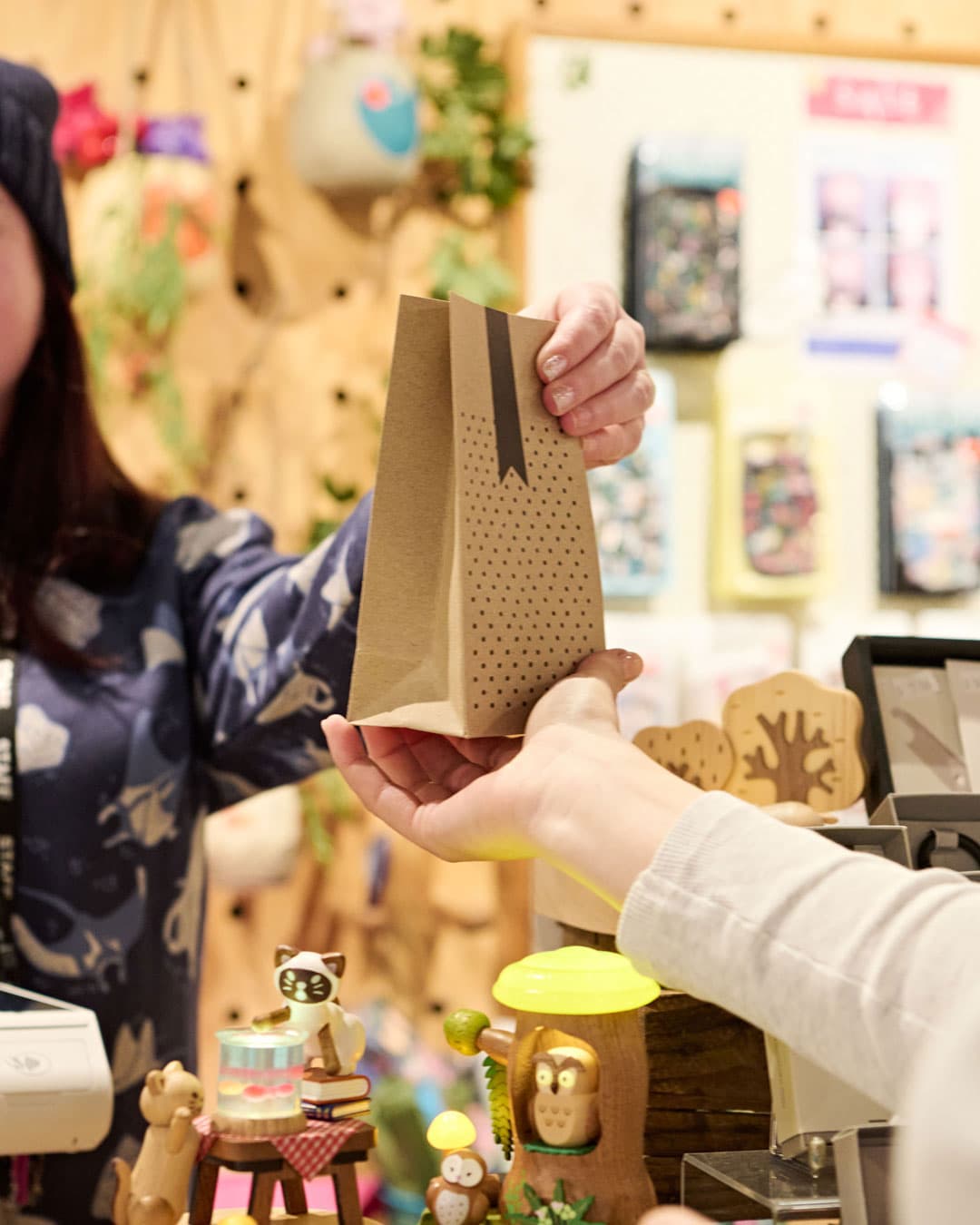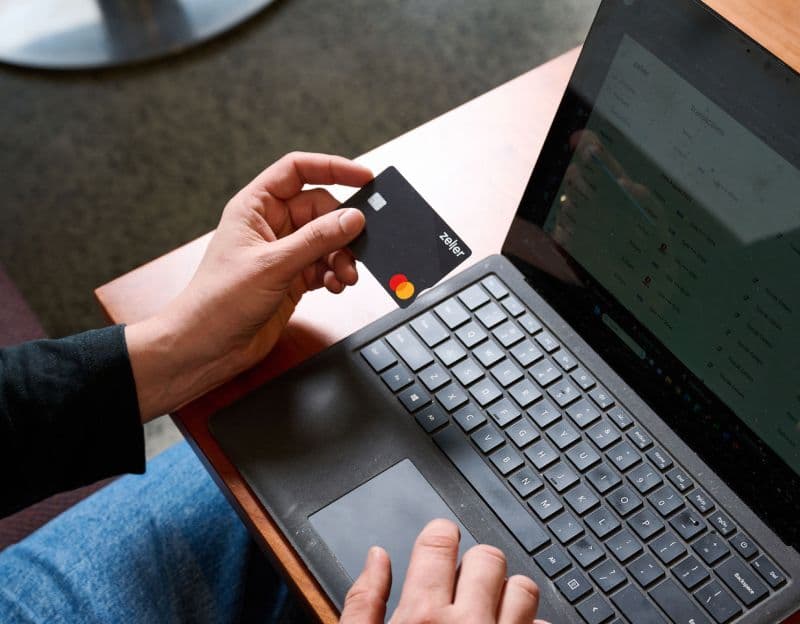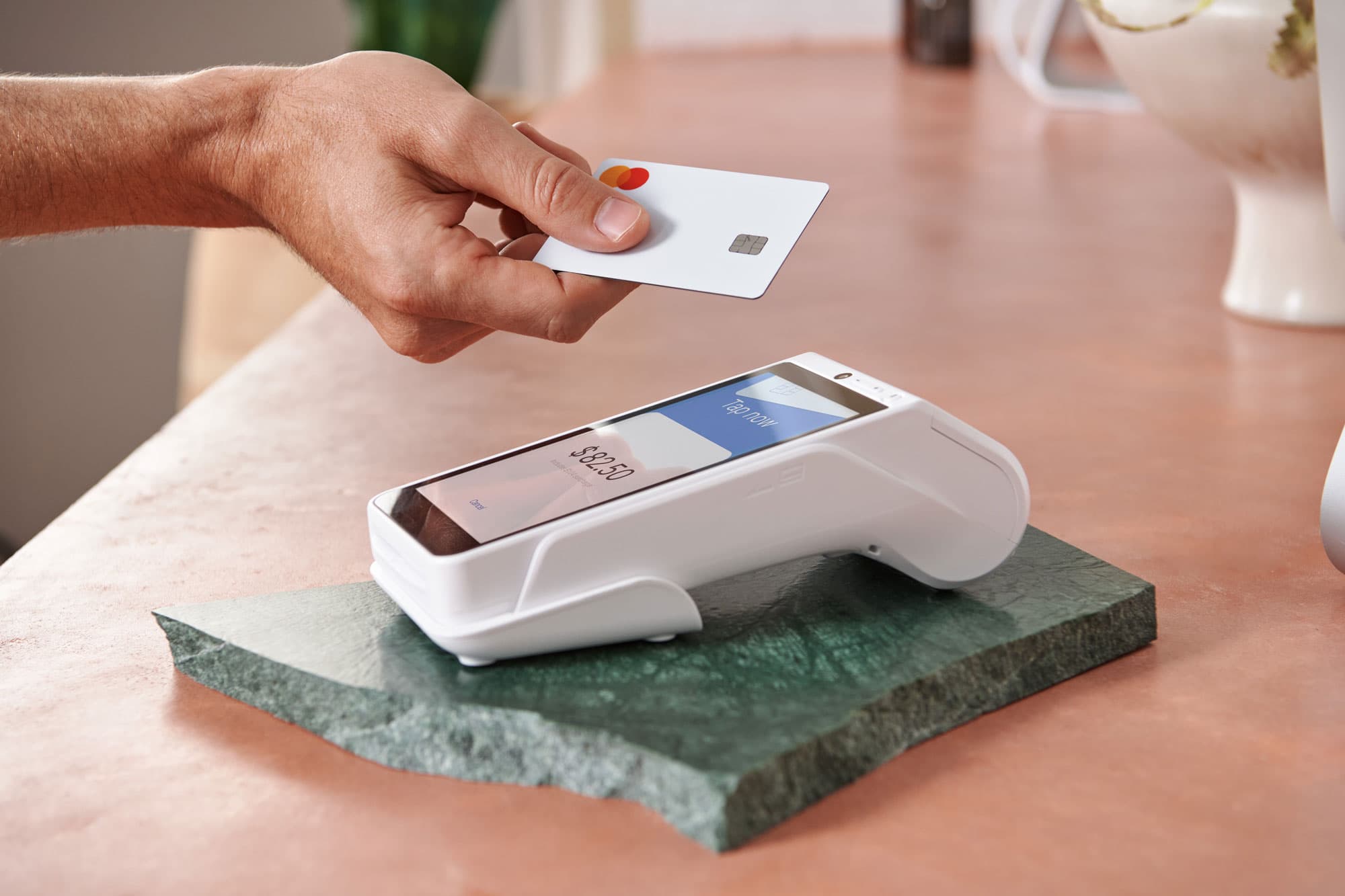
- Business Growth & Optimisation
How Much Does It Cost to Start a Retail Business?
There are several critical costs to consider when setting up shop.
While the retail industry is a highly competitive and risky business, with a bit of research and planning your retail dream can be realised. Having a unique and interesting business idea is the first step to launching your store. However, a firm grasp of the costs it takes to set up a shop — as well as how you will fund your business — is critical.
The business costs for setting up your new shop will differ depending on a number of factors, including the type of products you will sell and your target market. For example, if the price point of your products is quite high, then you will want to build up your reputation to attract the right type of shopper — meaning your marketing spend will likely be higher.
Keep reading to discover the costs of opening a new shop, and how you can fund it.
The main costs of opening a shop
Whether you plan on selling home decor, rare collectibles, or books, establishing a budget for your retail store will help ensure you have a successful business launch. Here are the main costs to keep in mind when putting together your budget.
Rent
A big slice of your startup costs will go towards the physical location of your shop. Choosing the right location for your business is a make-or-break decision in the beginning. When deciding on a place to set up shop consider:
where there is already established foot traffic, to help garner initial interest in your products
proximity to your ideal target demographic of customers
visibility of your shopfront, or any future signage to your business
Fitout and display supplies
Once you’ve chosen the location for your shop, you may need to tailor the space to meet your business’s needs. This may mean more money upfront to renovate or remodel the space, such as building shelving or display cases, or infrastructure such as dressing rooms or office space.
One of the key considerations when setting your shop up will be how to display your products. Visual merchandising is an important part of running a retail store. Will mannequins and hangers be required? Do you need a custom wall-banging built? All of these items need to be budgeted for. Make sure to consider the small but necessary items, such as price tags and signage too.
Utilities
Your monthly cost for bills like electricity and gas will depend on the location and the size of your business. If possible, shop around for your best deal — it could save you thousands. Consider whether there are any sustainability measures you could put in place to cut costs, particularly if your products or brand will be marketed as eco-friendly.
Insurance
Another major (but necessary) cost will come from legally protecting your retail business. Getting the right insurance coverage for your business is crucial.
There are many different types of coverage you may require, including business property, business income, business liability, business crime, product or public liability, and WorkSafe insurance. Read up on your state-based insurance requirements via the links below.
Inventory
To be successful, your store will need to have the right products, available in the right quantities, at the right time for your customers. The costs from your inventory will come from not only the price of buying the stock, but how much you pay to store it all. Buying and storing inventory will be an ongoing cost to factor into your budget.
How much, or little, space you require to store your inventory is an important consideration when determining startup costs. Do you need a storage container? Can you use a spare room at home? What protective measures are required to securely store your products — such as plastic wrapping, or temperature control? How much will that cost?
Employees
You may need to hire staff to help with the day-to-day running of your store, and with staff come costs. These costs include wages and any other benefits you offer, as well as uniforms, name-tags, or any other accessories staff may need to look the part.
There are also intangible costs to consider, such as the time it takes to train new employees, get them on your payroll system, create rosters, and in managing them.
Marketing
When it comes to marketing your new business, you’ve got to spend money to make money. Plan your marketing strategy around your growth model for your business and budget accordingly.
Marketing costs will generally fall into two camps: physical and online. Your physical costs will be things like the design of your logo, business cards, and any promotional material you require. Online marketing includes the cost to build your website, and online strategies to reach your demographic — such as a locally-targeted digital campaign to bring people to your store.
Technological tools
Investing in the proper equipment is an important purchase for your business. An EFTPOS terminal, like Zeller, that allows you to receive payments fast and be mobile means less fuss in the long run. A security system that can protect you against stolen stock or money is also an additional cost that may benefit your shop.
How to fund your retail business
The first step to determine how you will fund your new business is by writing up a business plan. Going through the process will give you an estimation for how much money you will need in the bank to fund the venture, and help to identify other sources of funding.
Some options for funding your business include:
a bank loan. There are different kinds of loans available to new business owners so make sure you do your research. It is also important to keep your paperwork in order during the process of applying for loans.
a business grant. New small businesses are also eligible for certain financial assistance in grants and funding. This may require you to undertake some sort of development activity or be involved in research, so see if any applies to your retail business.
cash flow. If your cash flow forecast shows that you can rely on cash flow alone, you'll save yourself the interest (and paperwork) that come with both of the above options.
Ready to take the next step? Zeller helps Australian businesses grow by charging one low fee for card transactions, and never tacking on hidden fees and charges. That means more money stays in your business.



